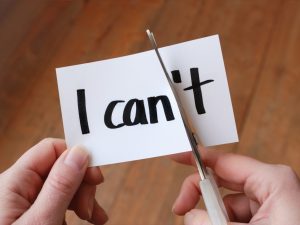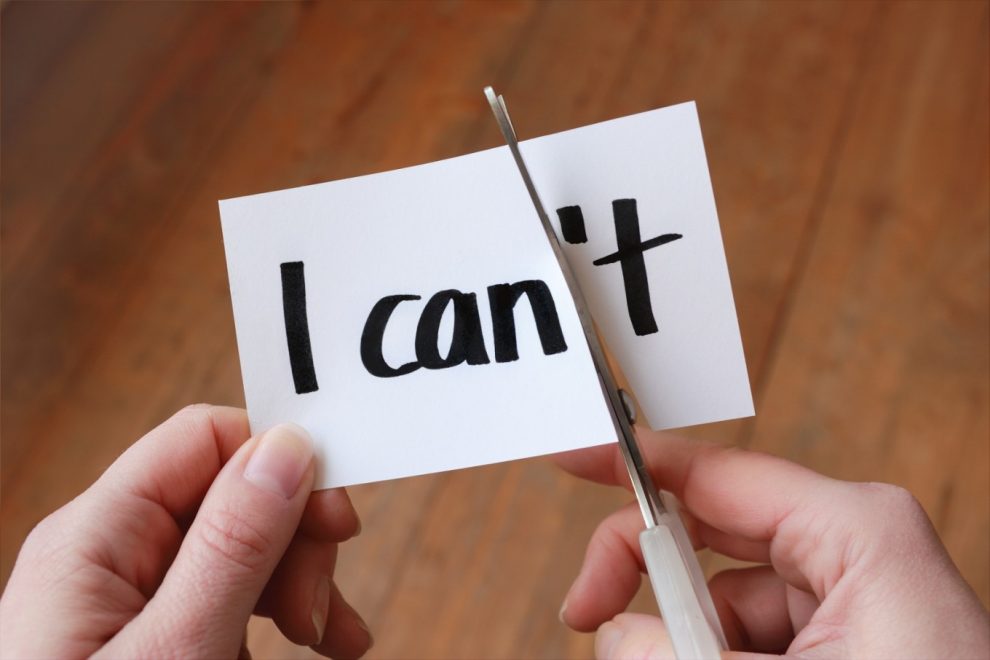But how can adults achieve this in children’s lives? We examine some of the challenges children face and expert advice on how to tackle them. Our panel includes Dr. Busman, Michael Thompson, Ph.D., co-author of Raising Cain: Protecting the Emotional Life of Boys, and Catherine Steiner-Adair, EdD, clinical psychologist, and school consultant.
School is more difficult for boys.
, boys are more impulsive and have a more challenging time sitting still and paying attention than girls. At the same time, many schools are not designed to offer short breaks during the day, which would help them, and indeed: it would help all students. “So when the kids can’t sit around and wait their turn, and the class is too big, what happens is they get troublesome – they yell out the answer,” says Dr. Steiner-Adair. “And because they are interrupting, the fact that they had the correct answer doesn’t count, simply because they couldn’t hold on and wait their turn.”
What counts is that they are interrupted, and when they are repeatedly criticized for this type of behavior, their self-esteem decreases. And not only that: “their love for studying and learning also diminishes,” says Dr. Steiner-Adair.
Dr. Thompson agrees, noting that too many homework assignments can embarrass a child and that embarrassment often turns into anger. “And then everyone says, ‘We have a furious child,’ as if nothing has triggered his anger,” she says. The same with a child who cannot read in kindergarten. “He says, ‘I hate this. I hate reading’. [But] what he means is: ‘I’m ashamed that I can’t read better.’
How to help
Praise. If a child is having a hard time in school, teachers should make an effort and look for opportunities to praise him when he does something well, even if it is small. Not only does a steady stream of praise make kids feel happier and more confident in school, but according to psychologists, "catching kids being good" can also help positively shape their behavior.
Challenge the children and allow them to develop skills. Dr. Thompson used to teach at Outward Bound, where survival skills are instilled. "Expose the children as a group to a challenging situation, and allow them to work it out and find their leadership," he says. "They will come back thinking, 'We did it. We did it. He will see a lot of confidence". But it doesn't have to be as extreme as that. While boys may be behind girls, they can and should be expected to learn skills, even making their sandwiches. "It's about creating a situation where they can develop a skill, and that will allow them to gain self-esteem as a result," says Dr. Thompson.High confidence leads to more opportunities for improvement.
Self-confidence is your conviction of how good you are at something, but it is not a measure of your actual ability. So why does it matter that you believe in yourself? According to Charlie Houpert, author of Charisma on Command and founder of a YouTube channel with 2.7 million subscribers of the same name, confidence helps you feel better and helps you take risks to make tangible improvements in your life.
“Internally, true self-confidence will produce greater positivity, happiness, and resilience,” Houpert said. “Externally, a high self-confidence will make you take greater risks, which is directly correlated with obtaining more rewards.”
The Oxford Handbook of Positive Psychology puts it another way: “If the person lacks confidence, there will be no action. That is why a lack of trust is sometimes referred to as a “paralyzing doubt.” Sometimes the doubt reduces the effort before the action begins or while it is being carried out.”
Editors’ Picks
The Ecstasy of Scientific Discovery and Its Agonizing Price
‘Our Differences in Age and Skin Color Meant Nothing to Us.’
Behind the Trees, a Brooklyn Artists’ Collective
Continue reading the main story
If you think you can get your dream job and apply for it, then there is a chance, albeit a very remote one, that you will. If you don’t think you will get it and don’t ask for it, you are guaranteed not to get it. Self-confidence doesn’t magically make you good at what you do, but it does prepare you to take risks necessary to meet your goals.
How to improve your self-confidence
If building your self-confidence is a matter of changing your beliefs about yourself, it will take effort. You can say to yourself in front of the mirror every day: “I’m good enough, smart enough and boy does he like me!
People!” and it won’t hurt you, but there are other more practical and effective ways to gain more self-confidence.
Believing in yourself is the foundation for your self-confidence.
If at this point, you are still wondering what self-confidence consists of, we will detail this most critical aspect a little more. This characteristic is typical of all people, although people have it more developed, and others who have it much less. The important thing is that we all have this intrinsic perception.
Self-confidence is based on the image that we have created of ourselves since childhood. We are shaping a self-image concerning the experiences we live, and of course, mainly to the interaction, we maintain with other people around us …
This concept that we develop about ourselves helps us to trust and believe in our abilities, in our ability to acquire learning, and ultimately, to continue growing through experiences. Trusting yourself is the basis for an excellent personal assessment, which means better self-esteem and greater security.
Personal valuation
What happens when we have low self-confidence? What happens is that we underestimate what we can achieve, and in that way, we do not dare to carry out our dreams and illusions. We block ourselves from challenges and settle into comfort. We thus limit our experiences and capacities to develop ourselves.






























Add Comment